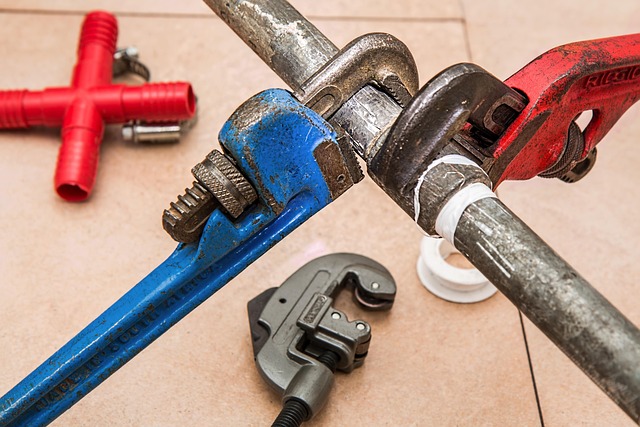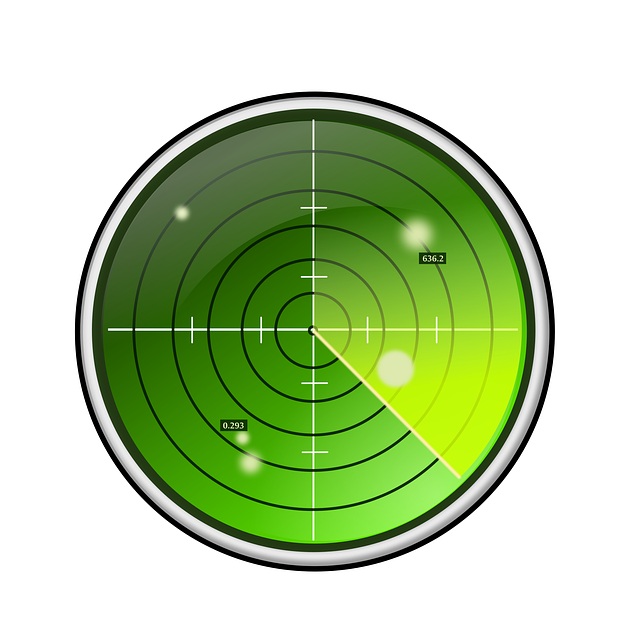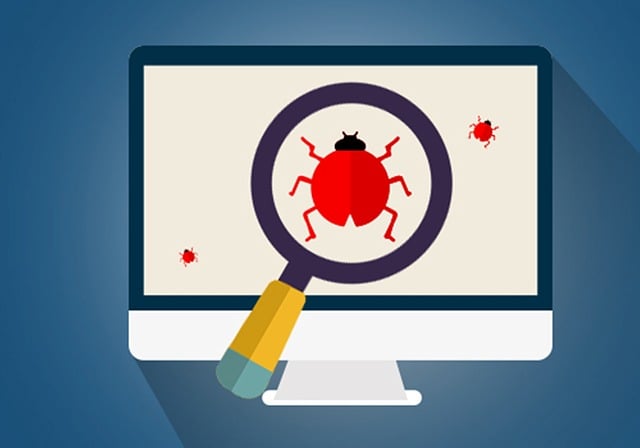Early leak identification by a leak detection specialist prevents damage & costly repairs. Regular maintenance & DIY tools help with minor leaks. For complex or uncertain cases, consult professionals who use advanced tools for accurate detection & repair in hard-to-reach areas. Schedule periodic inspections in high-risk areas to avoid future complications.
“Tired of persistent water bills and damp spots? Learn how to fix leaky pipes without major repairs. This comprehensive guide equips you with the knowledge to identify leaks through visual and auditory cues, trace their source, and apply temporary fixes. Discover essential DIY tools for leak detection and repair, understand when to call a professional, and prevent future leaks with effective maintenance tips. Become your own leak detection specialist today.”
- Identify Leaks: Visual & Auditory Cues
- Pinpoint Source: Trace the Water Path
- Temporary Fixes: Stopping Leaks Now
- DIY Tools: Detect & Repair Essentials
- Professional Help: When to Call Experts
- Prevent Future Leaks: Maintenance Tips
Identify Leaks: Visual & Auditory Cues

Identifying a leak early on is key to preventing damage and costly repairs. As a leak detection specialist, understanding both visual and auditory cues can help in pinpointing water leaks efficiently. Visual signs are often obvious, such as dripping water from pipes or fixtures, stains on walls or ceilings, or even visible moisture gathering around pipes. These indicators are clear signals that a leak is present somewhere in the plumbing system.
However, not all leaks are readily visible. That’s where auditory cues come into play. A faint dripping sound, especially at night, could indicate a slow but steady leak. Additionally, unusual noises like banging or gurgling coming from pipes can suggest an underlying problem, including potential leaks. What causes sudden water leaks? Various factors, from corroded pipes and worn-out fixtures to changes in temperature or pressure, can lead to these unexpected events. Regular preventative maintenance for leaks can help mitigate such issues, offering peace of mind and potentially saving on DIY leaky shower solutions.
Pinpoint Source: Trace the Water Path

Locating the source of a leak is the first step in fixing it without major repairs. Start by observing where water appears or where there are signs of damage, like discolored walls or floors. This can give you clues about the general area of the leak. Then, trace the path of water by checking each fixture and pipe in that vicinity. Look for moist or damp areas and follow the water as it flows from the source to the point of entry or escape. A leak detection specialist can also assist with advanced tools and techniques if needed.
Remember, identifying the exact location is crucial before attempting any fix. This process will help you understand the type and extent of damage, ensuring you address the issue effectively while maintaining peace of mind. Even for seemingly small leaks like a leaky toilet, understanding the water path enables you to stop it instantly and prevent further disruptions.
Temporary Fixes: Stopping Leaks Now

Leaky pipes can be a nuisance, but before diving into major repairs, it’s worth considering temporary fixes that can stop the leak immediately. A leak detection specialist can help identify the source and extent of the problem, which is crucial when it comes to effective troubleshooting. Often, persistent leaks stem from issues like loose connections, corroded pipes, or worn-out gaskets—problems that a plumber Bromsgrove-based can address swiftly.
By employing simple yet effective solutions, you can buy some time and prevent further damage while planning for more comprehensive residential pipe leak repair later on. Solving persistent pipe leaks isn’t always about complex procedures; sometimes, it’s as easy as tightening a fitting or replacing a worn-out washer.
DIY Tools: Detect & Repair Essentials

Leaky pipes can be a persistent nuisance, but arming yourself with the right DIY tools allows for efficient detection and repair without major disruptions or costly professional services. Start by investing in a reliable leak detector—a crucial tool for any homeowner. These devices are designed to pinpoint water leaks with remarkable accuracy, saving you time and potentially reducing damage. A good quality leak detector is your first line of defense, enabling you to detect leaks early on, even before they become noticeable.
Additionally, gathering essential repair tools like pipe wrenches, replacement gaskets or seals, and various size pliers will empower you to tackle the issue head-on. For smaller leaks, a simple repair kit might suffice, but for more complex situations, understanding boiler repairs or consulting with a leak detection specialist could be the key to maintaining peace of mind and ensuring your home remains leak-free.
Professional Help: When to Call Experts

If a minor leak has escalated or you’re unsure about the severity of the issue, it’s wise to consult a leak detection specialist. While some DIY methods can help locate leaks, professional expertise is often required for effective and lasting repairs. These specialists are equipped with top-rated leak detection tools that enable them to pinpoint issues accurately, especially in hard-to-reach areas.
Calling an emergency plumber like those based in Bromsgrove is a sensible step when what causes sudden water leaks? is unclear or if the problem persists despite initial attempts at repair. Their experience and specialized knowledge ensure that any potential damage is minimized while providing a long-term solution, saving you time, money, and further complications.
Prevent Future Leaks: Maintenance Tips

Regular maintenance is key to preventing future leaks and ensuring your plumbing system remains in top condition. A leak detection specialist recommends scheduling periodic inspections, especially in areas prone to leaks like bathrooms and kitchens. During these checks, look for any signs of moisture or water damage on walls, ceilings, and floors. Fixing small issues promptly can prevent major repairs later.
In between professional visits, maintain your plumbing by checking for loose connections, replacing worn-out gaskets and seals, and insulating pipes in colder regions to avoid freezing. Efficient water leak detection methods include using water meters to track usage and installing smart leak detection devices that alert you to unusual water flow patterns. Additionally, DIY leaky shower solutions like regularly inspecting shower heads and faucets for leaks can make a significant difference.
Fixing leaky pipes doesn’t always require major repairs. By understanding visual and auditory cues, tracing water paths, and employing DIY tools, you can temporarily stop leaks. However, for persistent or complex issues, it’s crucial to consult a leak detection specialist. Preventive maintenance, including regular inspections and timely professional assistance, can save you from costly damage in the long run.
